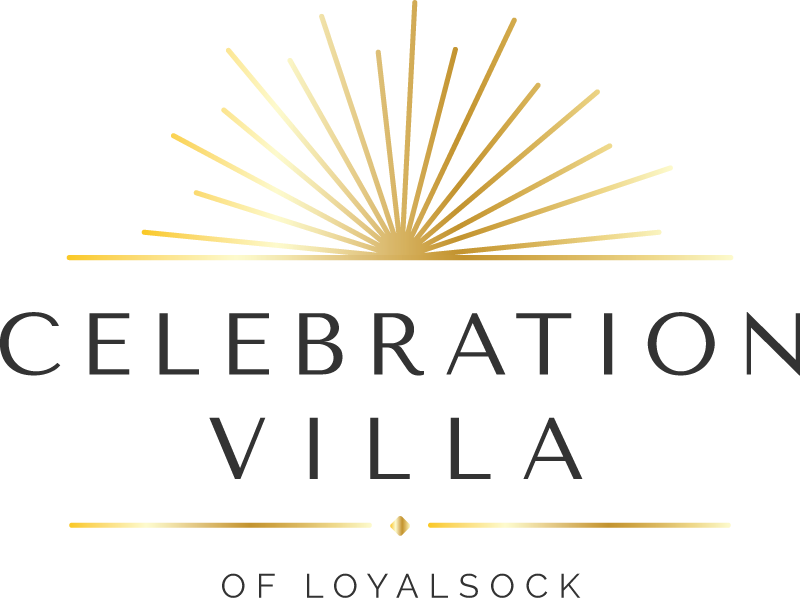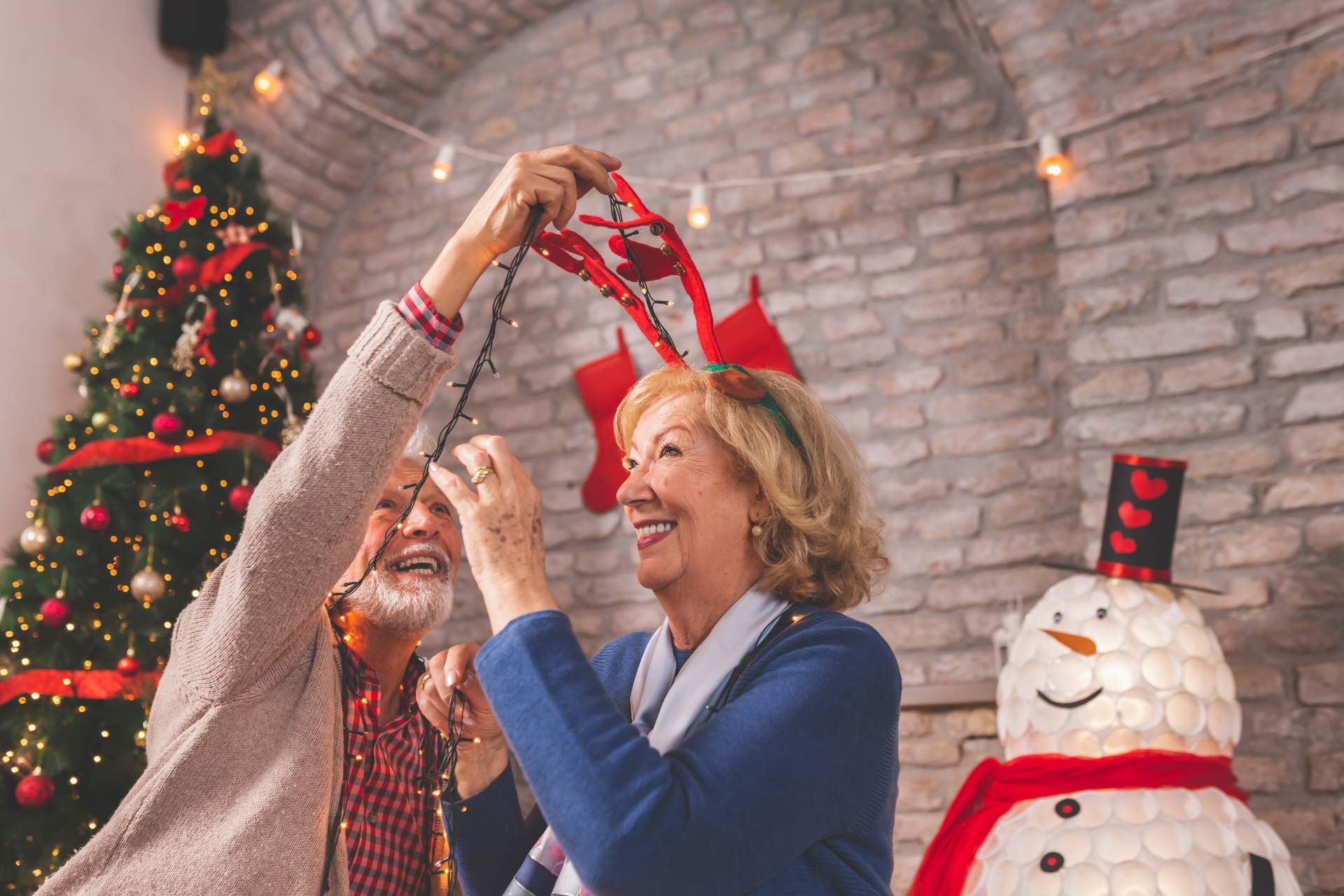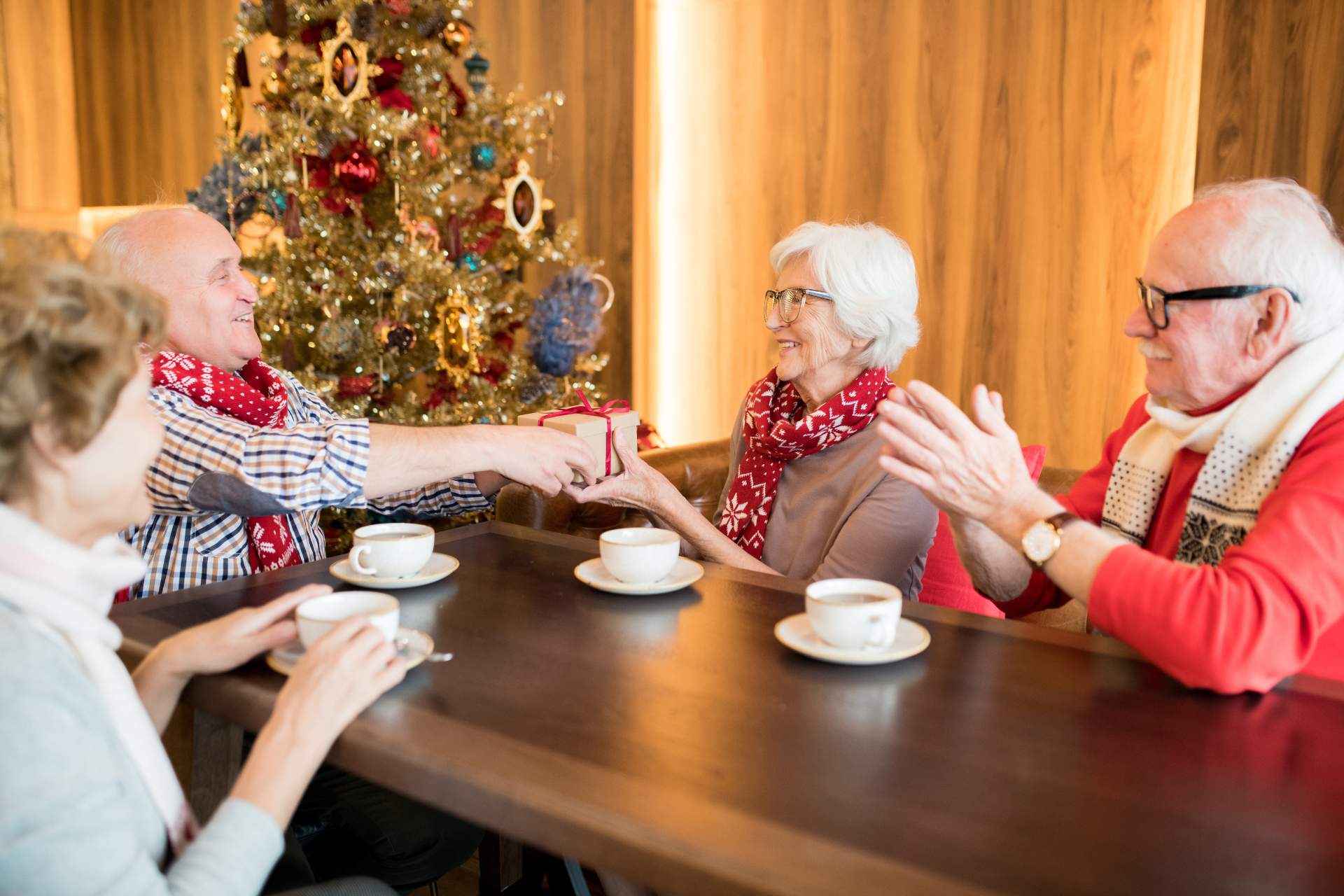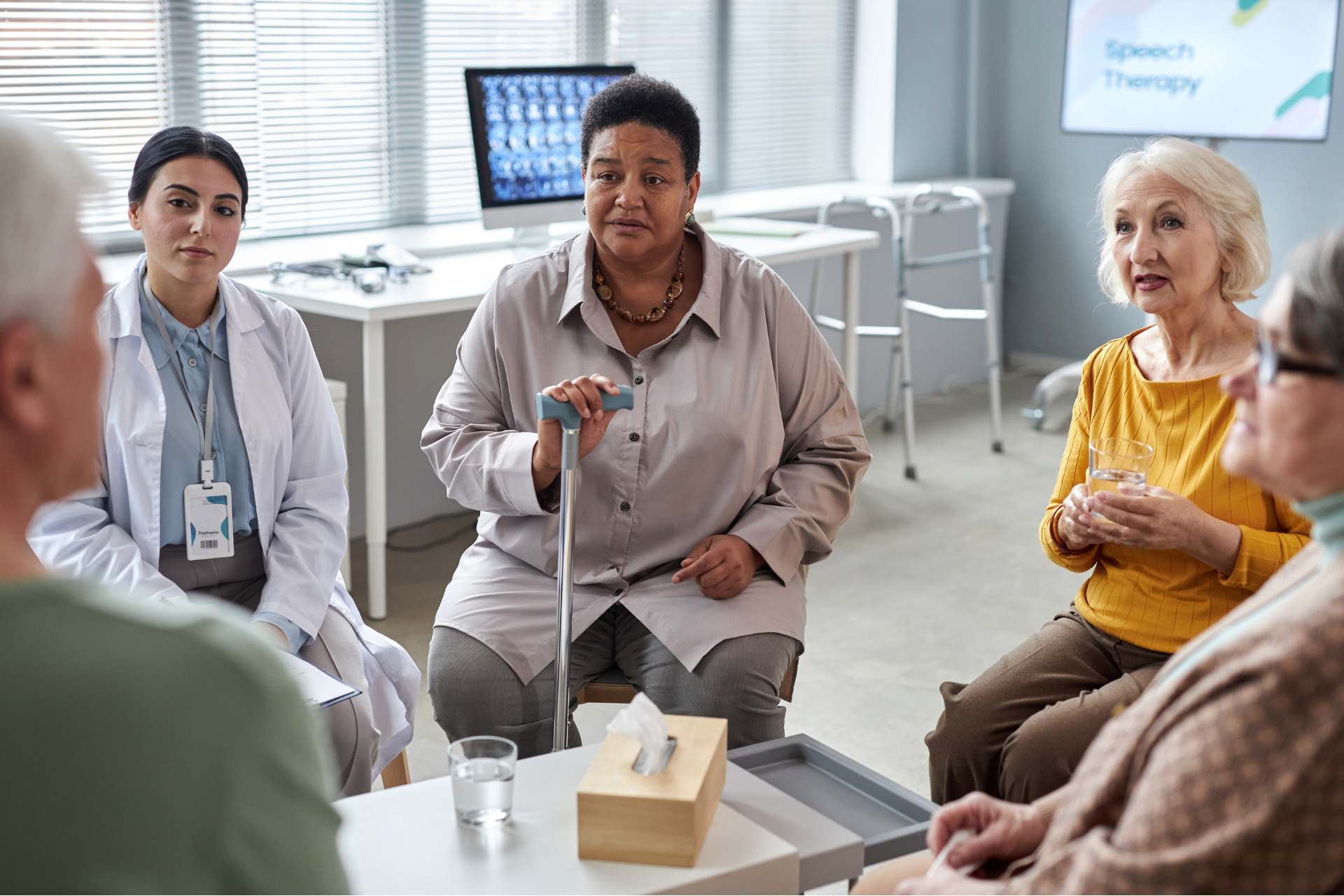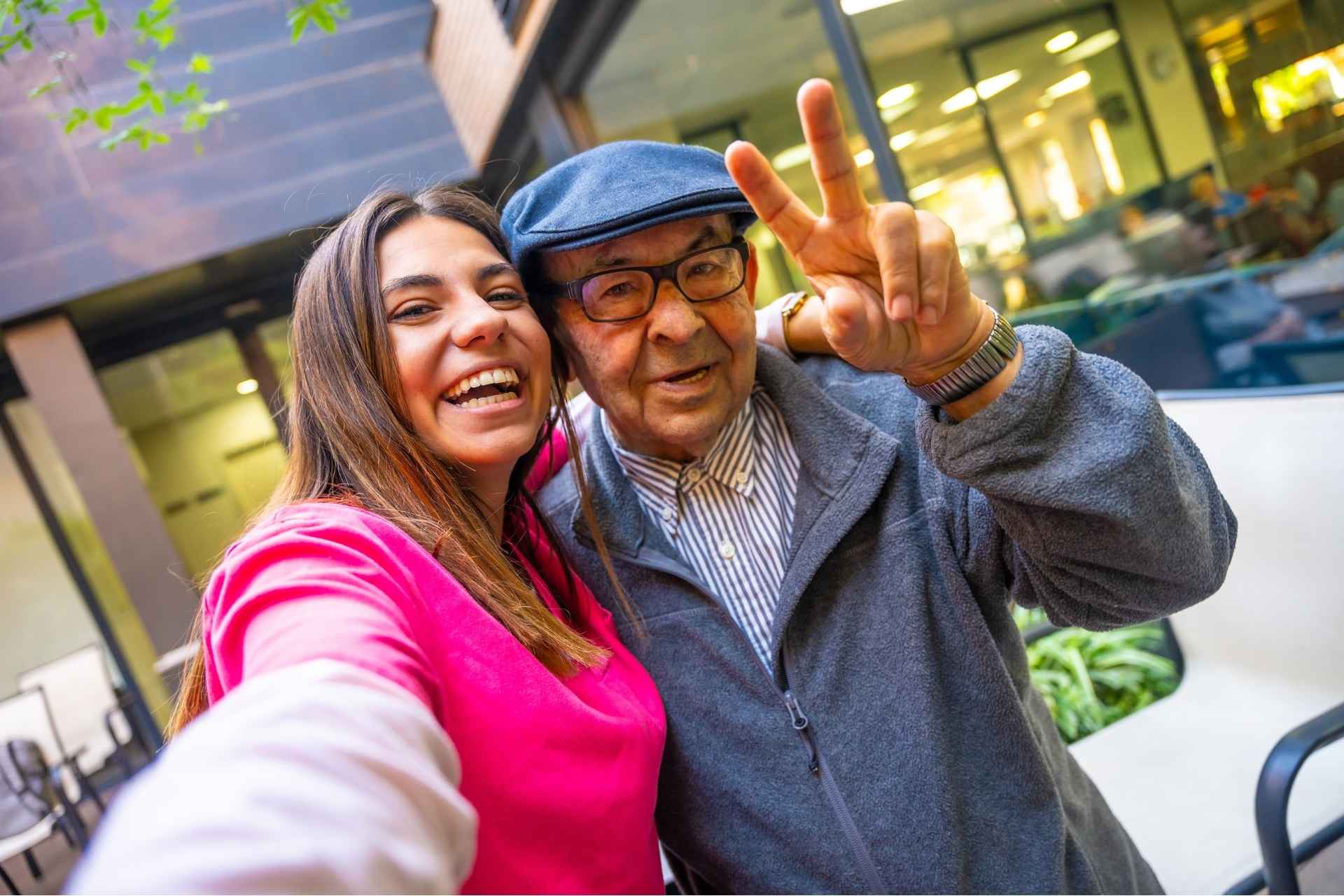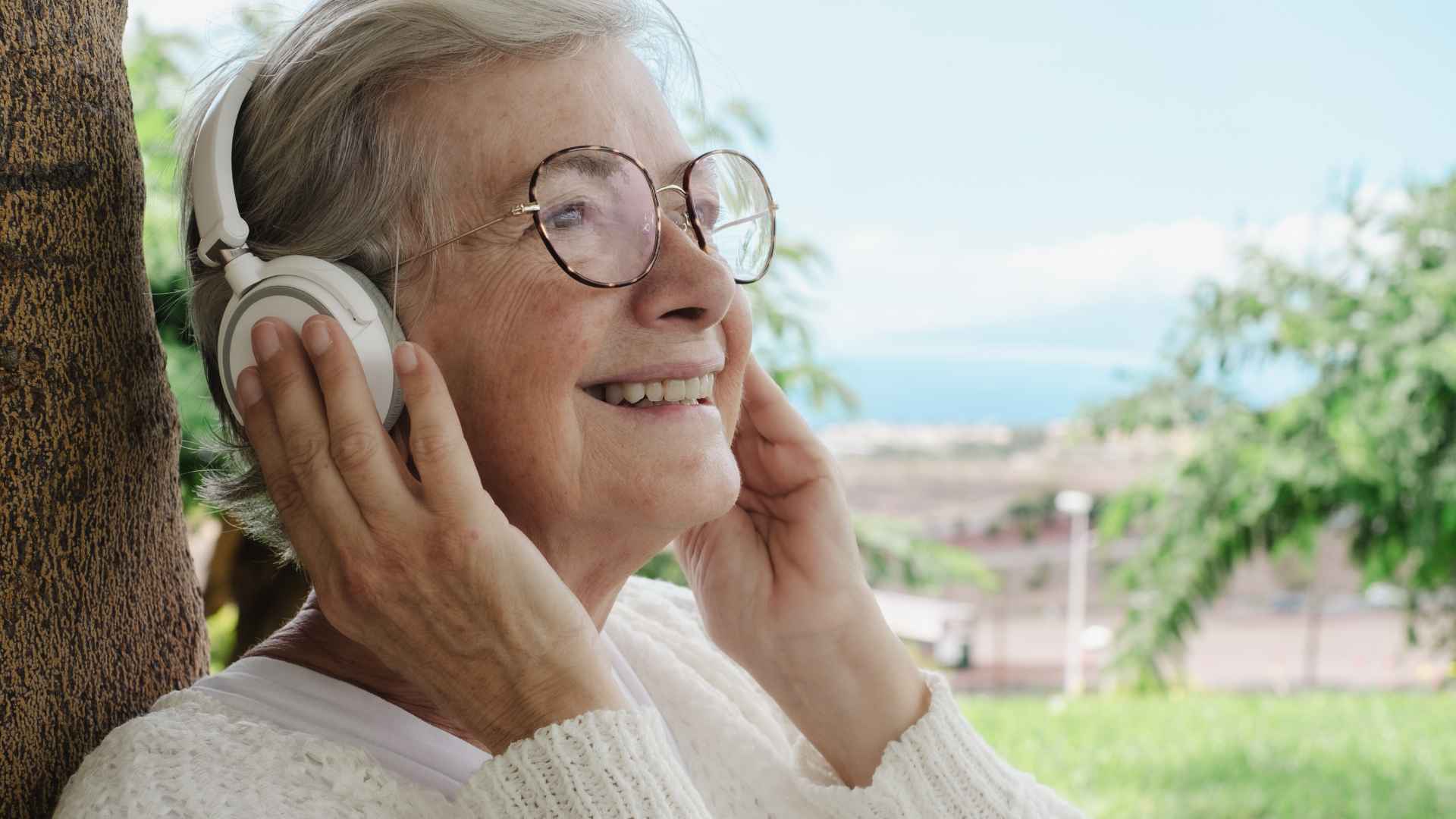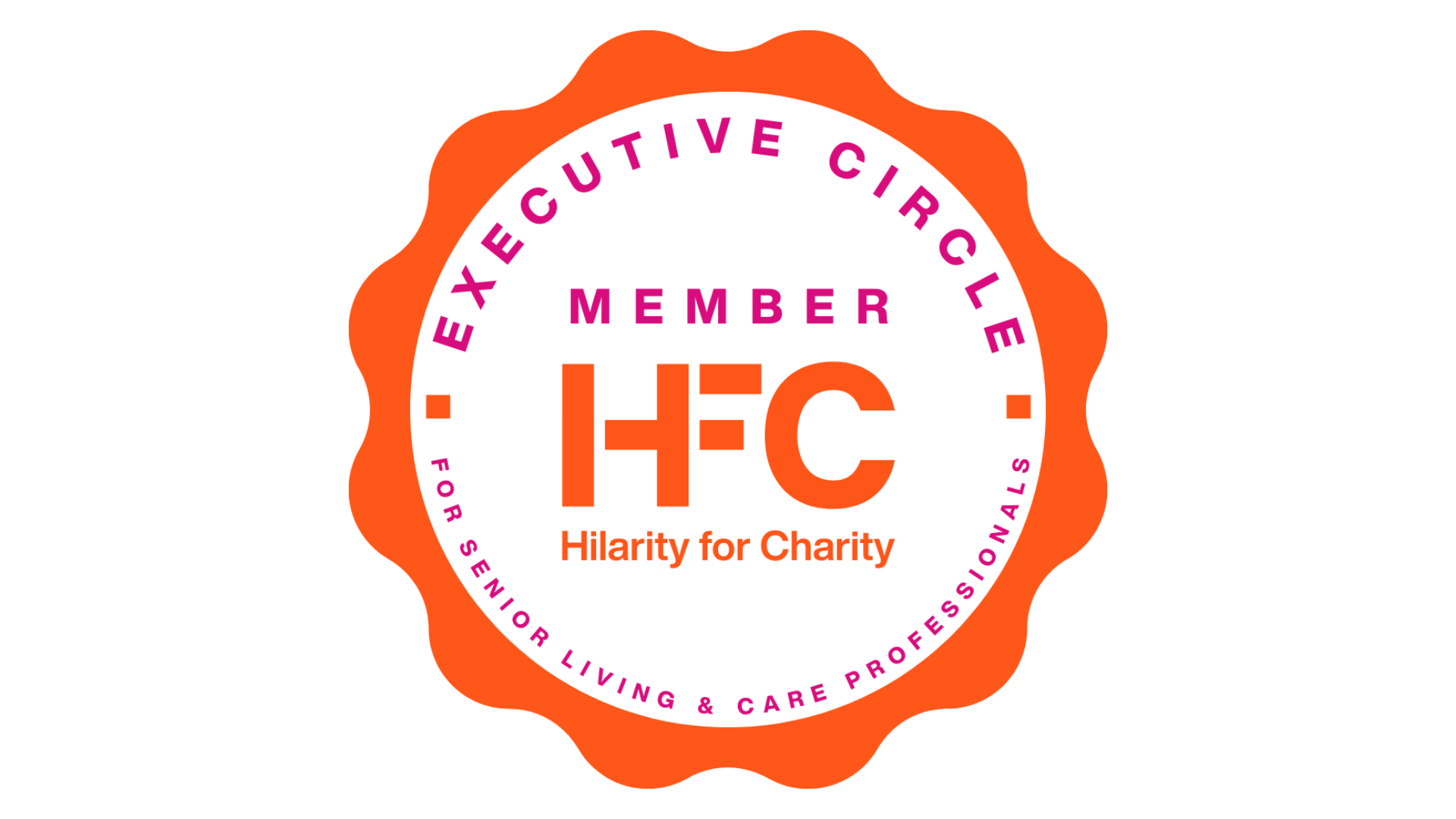More seniors are thinking twice before picking up that glass of wine (and not just about whether to go with red or white).
Nonalcoholic drink sales have surged in recent years, with NA beer, wine, and spirit sales increasing by more than 35% from 2021 and 2022, according to a Nielson report.
So what’s behind the change? Are seniors becoming sober-curios – and is this something you should explore as well?
What the Numbers Say
Being curious doesn’t necessarily mean that you’ve sworn off alcohol entirely – it just means you’re looking for other ways to relax, unwind, and prioritize healthier habits.
Though the sober-curious movement is growing particularly fast among Gen Zers and millennials (61% of Gen Zers and 49% of millenlais plan to reduce their alcohol intake in 2024, an increase of more than 20% in each group), it’s also rising to the forefront for older adults.
That’s good news, especially when you consider that drinking rose to troubling levels during the pandemic. The number of alcohol-related deaths between 2020 and 2021 rose significantly, with people older than 65 accounting for 38% of that total.
It’s not just about the negative health effects of alcohol for seniors, though that certainly plays a role. With alcohol increasingly linked to problems like increased cardiovascular risk and obesity, it’s clear that cutting back has benefits.
But it goes much further than that, with many adults citing motivations to quit drinking that include enjoying more quality time with friends and family, improving their sleep quality, and even saving money.
How to Explore Your “Sober Curiosity”
The path to exploring a life with reduced or no alcohol doesn’t require drastic changes overnight, but instead, some thoughtful consideration. Here are some tips.
1. Just Start Somewhere
Many people balk at the idea of becoming sober because they think it means an entire lifetime with never a drop to drink again. That doesn’t have to be the case.
Sober curiosity simply means opening yourself up to the lifestyle – not mandating perfection. You don’t need to have all the answers or a rigid plan in place to start exploring what a life with less alcohol could look like.
2. Build a Strong Community
Surrounding yourself with supportive individuals, whether friends who understand your reasons for exploring sobriety or groups dedicated to sober living, can provide encouragement and insight as you navigate this transition.
3. Set Some Goals
Understanding your “why” is crucial. Reflect on the reasons behind your curiosity about sobriety – be it health concerns, a desire for clearer mornings, or a quest for a deeper connection with your own self without the haze of alcohol.
Then, set some goals. Maybe you just want to enjoy drinks only on social occasions, or perhaps you want to limit yourself to just one drink per month. Whatever the case may be, try to set goals that are both meaningful and realistic.
4. Write Down the Benefits
Keeping a journal of the positive changes you notice can serve as a powerful motivator. Whether it’s improved sleep, better mood regulation, or newfound hobbies that don’t revolve around drinking, tracking these benefits can reinforce your commitment.
5. Find Healthy Substitutes
Exploring nonalcoholic alternatives can satisfy the ritual of having a drink without all the nasty aftereffects. The booming market for nonalcoholic beverages means there are more options than ever to fulfill this need.
Find the Right Support for Your Sober Journey
Whether it’s cutting out booze entirely or limiting yourself to just one or two drinks per week, reassessing your alcohol use can significantly enhance your quality of life.
If you’re curious about what sober living might have to offer you in your senior years, consider reaching out to The Cortland Wyoming.
We offer special resources and guidance to those who are interested in exploring a sober lifestyle and will work with you in our assisted living communities to help you meet your goals – no matter what those goals might be. We’re in this together!
